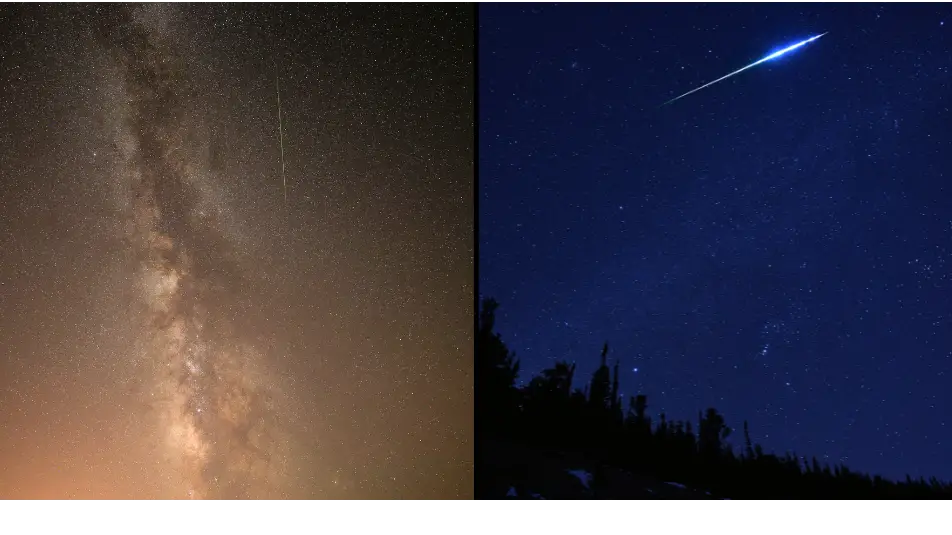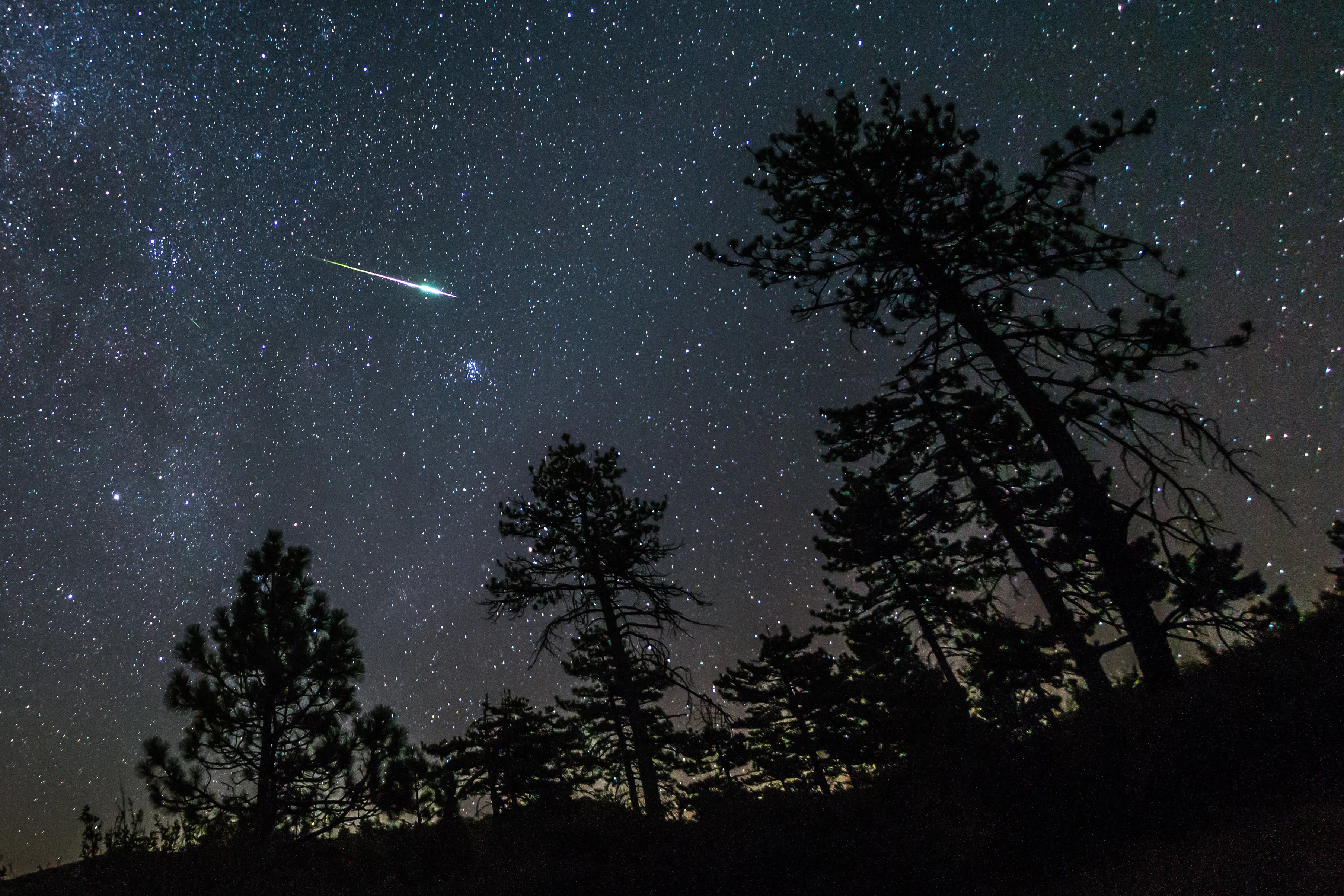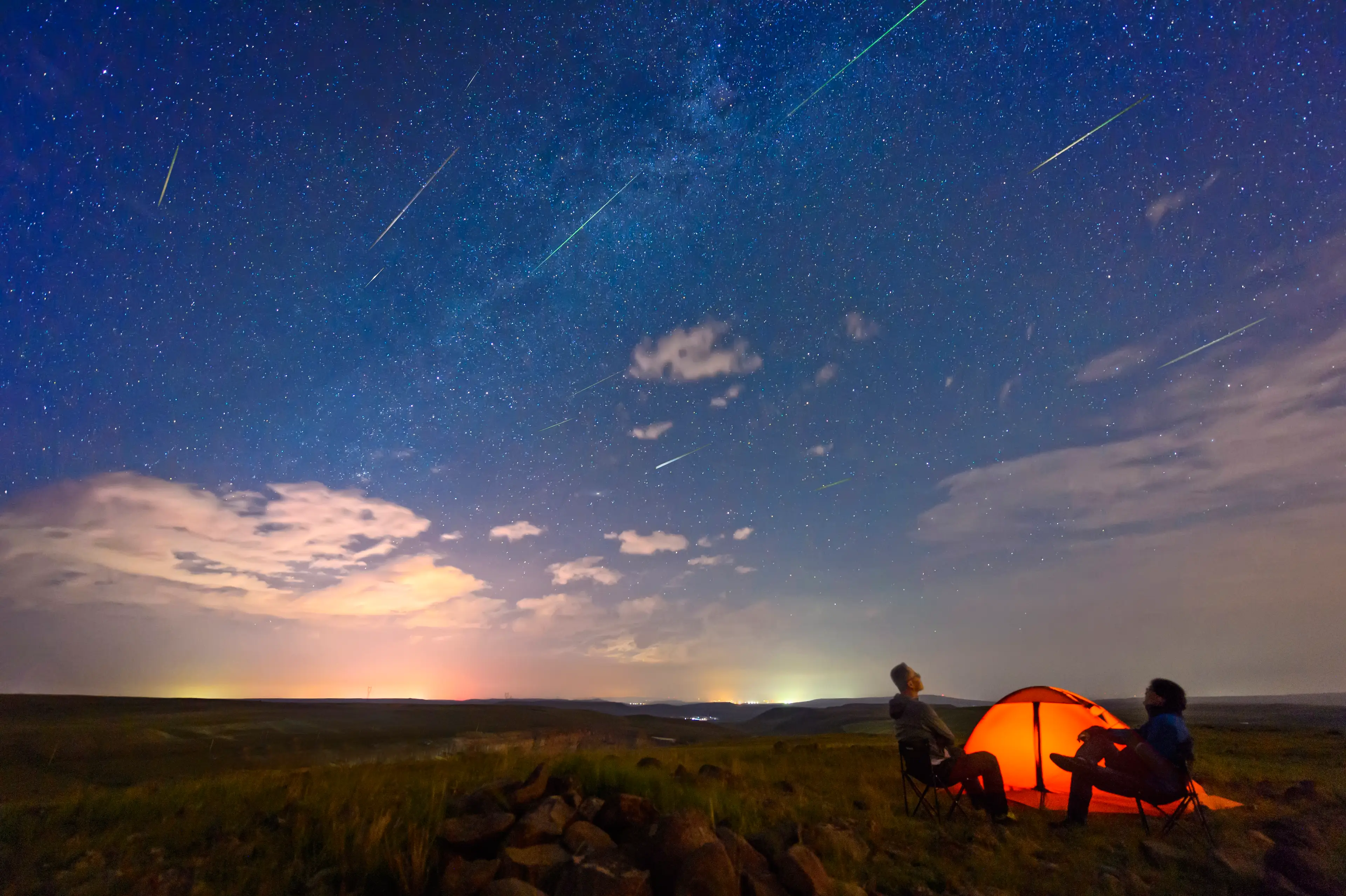
You might not have realised it but we’re a few weeks into a meteor shower – yeah we didn’t know either.
But don’t worry, the best is yet to come with this Perseid event set to peak later next week.
The Perseid meteor shower is a major event for meteor hunters , as it produces bright meteors and is one of the most active. This year, it began on 17 July and is expected to last until 24.
With up to 100 shooting stars expected per hour, real stargazing lovers are treated to bright meteors.
Advert
Oh, and there’s even the chance of seeing fireballs – these are super bright meteors, basically.

It's caused by our planet slamming into the debris left behind by comet 109P/Swift-Tuttle in July and August every year.
Plus, the Perseid meteor shower will bring the rather impressive meteors with long trains.There should be some pretty dramatic sights in the sky during the night of 12 August into the early morning of the 13 August.
The event gets its name as the meteors seem to originate from the constellation of Perseus.
You can watch out for the shower wherever you are, but obviously there are spots that will likely be better than others.
Reducing the amount of light pollution in your field of view will improve your chances of seeing clearer meteors, so head to a nearby park or even out to the countryside if you can.
The Royal Museums Greenwich also say you should probably avoid looking at your phone and give your eyes at least 15 minutes to adjust – this will mean you have a better chance of catching even the more fainter meteors.
It goes without saying you’ll want to be somewhere where you can see more of the sky – you don’t want big buildings and trees blocking your view.
And apparently, you don’t even need special equipment because all this will do is restrict how much you can actually see.
It’s simply better to watch a Perseid meteor shower with the naked eye.

You should be able to see some action as soon as the sun sets, so will probably be worth having a look up into the sky in the early evening.
The experts also advise that it’s best to try and spot meteors when the moon is below the horizon or in its crescent phase, otherwise it acts as natural light pollution.
Generally the best time to see the Perseid meteor shower is between midnight and 5:30am, so you might want to grab a blanket or two when you head into the dark with a deck chair.
Obviously, UK weather right now is totally unpredictable – even more than usual it seems as one minute your boiling in the sun and next drenched by the rain.
But if it does end up cloudy on this peak night, the showers set to carry on until 24 august.